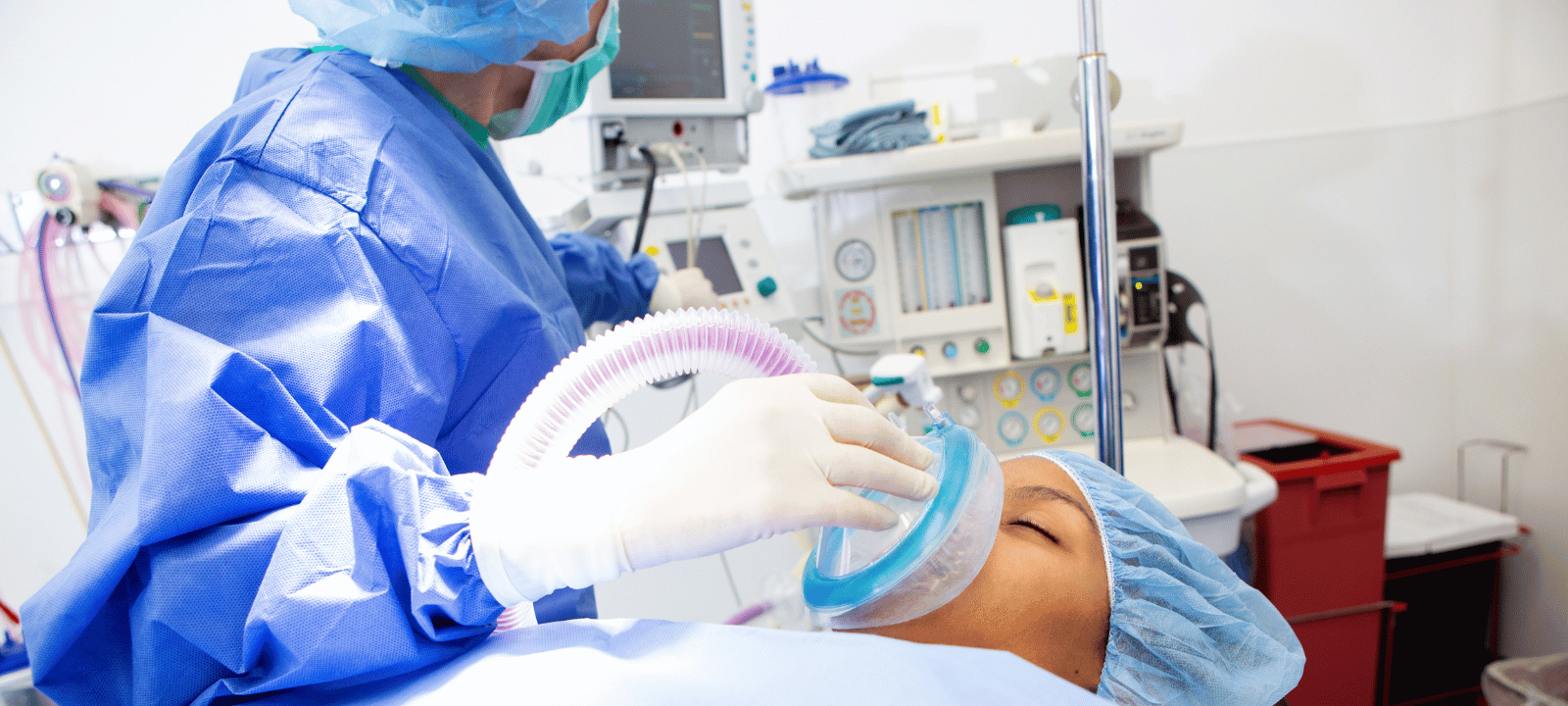Preparing for anesthesia is an essential step in the surgical process that can significantly contribute to a smoother and safer patient experience. Adequate preparation helps alleviate anxiety and ensures the patient’s safety during the procedure. This blog article aims to comprehensively analyze the many facets of anesthesia preparation and provide patients with valuable suggestions to ensure a seamless experience.
Acquiring Knowledge of Anesthesia

Any surgical treatment requires anesthesia, so patients should be knowledgeable about the many types of anesthesia that are often used. There are three main types: general anesthesia, local anesthesia, and regional anesthesia.
General anesthesia is the most common type typically used for major surgeries. It involves the administration of medication that induces a state of unconsciousness, allowing the patient to undergo the procedure painlessly. On the other hand, local anesthesia is used to numb a specific body area, such as a small incision or a dental procedure.
Regional anesthesia involves numbing a more extensive body area, such as an entire limb or a spine section.
Before the administration of anesthesia, patients can expect to undergo a series of pre-anesthesia procedures. These may include a thorough medical history review, a physical examination, and necessary laboratory tests. Patients must know these preliminary steps to prepare for anesthesia fully.
Pre-Anesthesia Preparation

Communication with Healthcare Providers:
Open communication with healthcare providers is crucial during the pre-anesthesia phase. Patients should provide accurate and detailed information about their medical history, including any pre-existing conditions, allergies, or previous experiences with anesthesia. It is also essential to inform healthcare providers of any medications currently being taken, including over-the-counter medications, herbal supplements, and vitamins. This information helps medical professionals determine the most suitable anesthesia plan for each patient, minimizing potential risks or complications.
Patients should always feel free to ask questions or seek clarification about the anesthesia process. Understanding what to expect can help alleviate anxiety and ensure a smoother surgical experience. Healthcare providers are there to address any concerns and provide the necessary information to put patients’ minds at ease.
NPO Guidelines:
NPO guidelines, or “nothing by mouth” guidelines, are essential before surgery. These guidelines aim to prevent complications during the surgery, such as aspiration of stomach contents. Patients should carefully adhere to the instructions provided by their healthcare providers regarding when to stop eating and drinking before the surgery. These guidelines typically require patients to avoid solid food for a specific period before the surgery and to refrain from drinking anything, including water, for a designated period closer to the surgery time. These instructions must be followed meticulously to ensure a safe and successful procedure.
Medication Management:
Patients should closely follow their healthcare provider’s instructions regarding medication management before surgery. Depending on the type of surgery and the medications being taken, patients may be instructed to pause certain medications in the days leading up to the procedure. It is vital to inform healthcare providers about all medications being taken, including prescription medications, over-the-counter drugs, and even herbal supplements. Healthcare professionals may use this information to judge the anesthetic strategy and possible drug interactions.
Preparing for Surgery Day

Transportation Arrangements:
Patients should remember that they may be unable to drive home after surgery due to the lingering effects of anesthesia. It is essential to arrange transportation beforehand to ensure a safe return home. A dependable friend or family member going with them may provide the support and confidence they need.
Clothing and Personal Belongings:
Choosing the proper clothing for surgery day can significantly improve comfort and convenience. Patients are advised to wear loose-fitting, comfortable clothing that allows easy access for medical staff. This will facilitate the process of putting on the hospital gown and allow for easier monitoring of vital signs. It is also important to leave valuables at home and bring only essential personal belongings to the hospital.
Fasting Guidelines:
Patients must strictly adhere to the NPO guidelines provided by their healthcare providers. Before surgery, eating or drinking might cause issues, including a higher risk of aspiration during the operation. Patients should remind themselves of these guidelines and avoid eating or drinking anything as instructed by their healthcare provider.
Managing Anxiety Before Anesthesia

It is natural for patients to feel anxious before undergoing anesthesia. However, several techniques can help alleviate anxiety and promote relaxation.
Deep Breathing and Relaxation Techniques:
Before entering the operating room, deep breathing exercises and relaxation methods may be pretty helpful in reducing anxiety. Focusing on the breath while taking slow, deep breaths may help quiet the mind and ease tension.
Distraction Methods:
Engaging in activities that provide distraction can help divert attention from anxiety. Patients may consider listening to their favorite music, reading a book, or watching a movie or TV show that they find enjoyable. These activities can occupy the mind and provide a positive distraction during waiting.
Post-Anesthesia Care

Recovery Process:
Patients are attentively watched while they recover from the effects of anesthesia in the post-anesthesia care unit (PACU) after the operation. Patients need to understand what to expect during this immediate post-anesthesia period. Drowsiness, nausea, and disorientation are a few typical adverse effects. These effects are temporary and will gradually subside as the anesthesia wears off. Patients should rest assured that healthcare providers will be on hand to address any concerns and provide appropriate care during this recovery period.
Pain Management:
Pain management is an integral part of the post-anesthesia care process. Healthcare providers will evaluate and monitor patients’ pain levels and provide appropriate pain relief medication, if necessary. Patients need to communicate their pain levels effectively to healthcare providers, as this allows for more effective pain management.
Conclusion
In conclusion, meticulous preparation for anesthesia is paramount in ensuring a secure and prosperous surgical journey. Patients can actively participate in anesthesia preparation by acquiring diverse options, maintaining transparent communication with healthcare providers, adhering to NPO (nil per os) recommendations, and effectively managing preoperative anxiety.
Consulting with the dedicated team at Charter Anesthesiology is essential for receiving tailored guidance and addressing any queries or apprehensions that may arise. By diligently following these steps, patients can contribute significantly to a more seamless surgical experience and safeguard their well-being under the expert care of Charter Anesthesiology.

